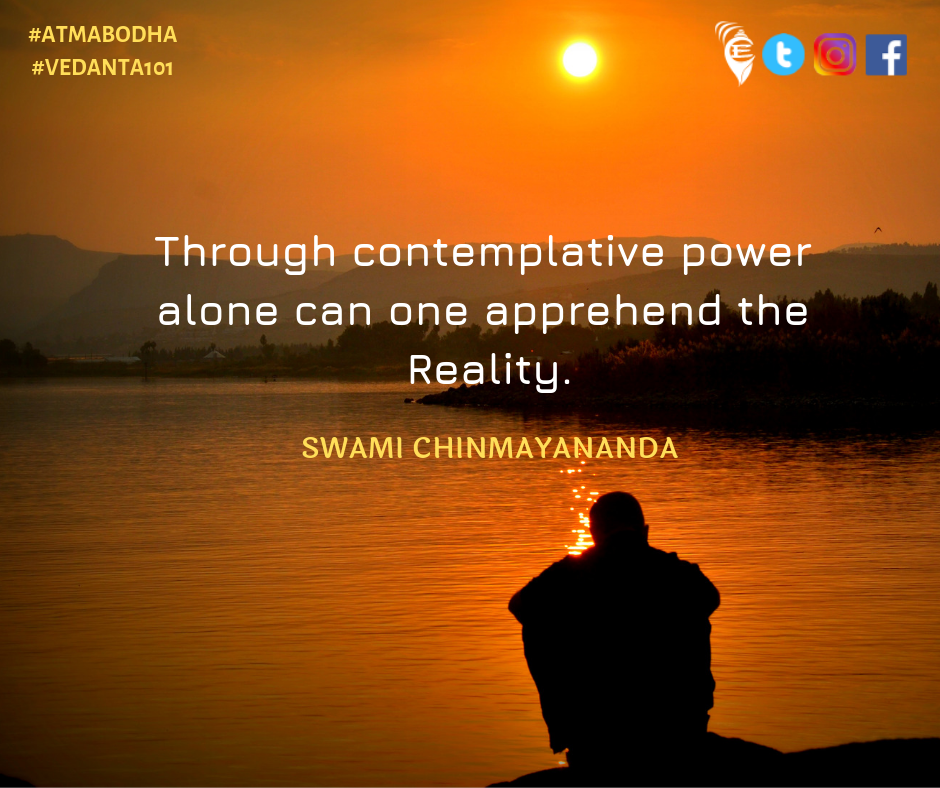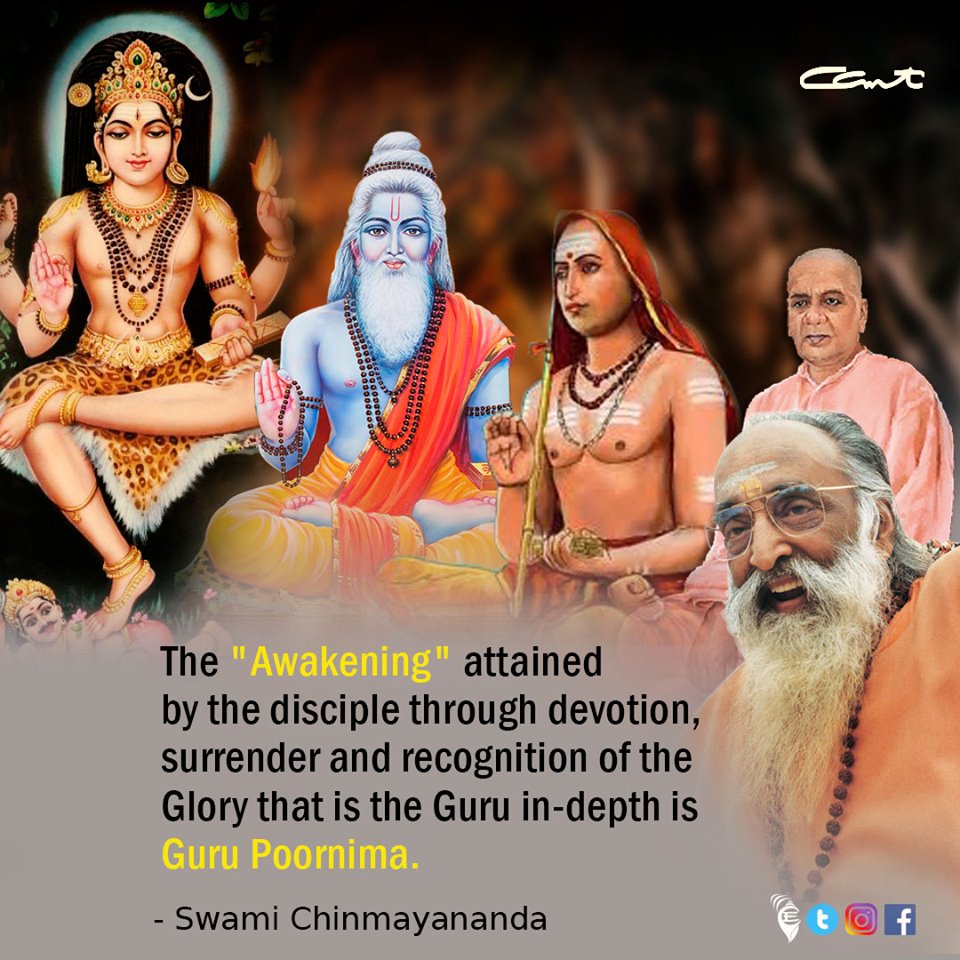World Of Paradoxes : Swami Tejomayananda
=========================================================================
Monday, January 16, 2023. 06:00.
World Of Paradoxes : Swami Tejomayananda
========================================================================
SWAMI TEJOMAYANANDA writes of why happiness and peace elude us despite material prosperity and defence arsenals
=========================================================================
The world is full of contradictions. We all want peace, yet most countries are conflict prone. Nations build up huge arsenals of weapons because they want to be prepared to defend themselves in case the need arises. Arms and ammunition are being produced on such a large scale that the manufacturing countries have to find buyers and so sell them to other nations. How can we find peace, when everywhere, there is an atmosphere of war?
We all want prosperity, but our notions of prosperity are rather lopsided. There is undue emphasis on material goods. The standard of living is improving, but it is giving rise to jealousy as well. The prosperity of one comes at the expense of another; this leads to aggression and attacks against the affluent.
Contradictions Galore :
The greed for wealth results in our making compromises with our principles and leads to financial disasters of great magnitude. Corruption is merely a symptom; the root cause of the problem is actually something different. It has been aptly observed, “We buy things we do not need with money, which we do not have, to impress people whom we do not like.” If we carry on in this fashion, it will surely lead to disastrous consequences. It is understandable if a person earning in thousands aims to earn in lakhs. Today people aim to become billionaires overnight. This increased level of stress manifests as health issues. At 40,people are burnt out and suffer from depression, heart attacks and so on. Is this the prosperity that we are looking for?
When we look around us, more contradictions become apparent. We talk about the empowerment of women, but find that the female child is not welcome; there are even cases of female infanticide. We proclaim that we want to uplift the weak — but is not the defenceless embryo in the womb, the weakest of the weak, incapable of doing anything to defend itself?
On the one hand, we talk of protecting endangered species of animals, like the Indian tiger. On the other hand, millions of animals are slaughtered every day, not only for food, but also for luxury and fashion. Is this not a contradiction? We cannot live without trees, plants and animals , but we are destroying them without a thought about the repercussions.
Happiness is totally different. The Bhagwad Gita asks: ‘How can a restless person be happy?’ We read about the golden ages of the reigns of Chandragupta Maurya and Samudragupta and the legendary Rama Rajya. These periods were noted for peace, harmony and law and order. People had no need to lock their doors and windows. Now security alarm systems are symbols of prosperity! To those who lack internal security, no amount of external security can be of help. The security that we seek is of a totally different nature.
We need to ask ourselves: What is the real nature of prosperity that encompasses all? How can it be achieved? How can we gain lasting peace and happiness? Happiness and peace can be found here and now; we do not need to retreat to the Himalayas and take sanyasa to experience complete happiness.
The Rudra Suktam is a wonderful hymn in praise of Shiva. In the first section called Namakam, the rishi recognises the omnipresence of the one Supreme Divine, his own oneness with the Supreme and salutes every being in the universe. He salutes the mountains, trees, pot-makers and blacksmiths and even bows down to thieves and looters, because he realises that divinity is present in all.
In the Chamakam portion, he presents a long and exhaustive list of all that he wants — prosperity and happiness in this world as well as the other world, which can be acquired only through meritorious deeds. He prays for friendship among all beings and for their absolute welfare. Only realised masters know the full efficacy of prayer and they pray for all.
The rishi, having achieved oneness with the Supreme, identifies with and prays for the whole world. First, he wants to belong to the whole world, and then wants the whole world to belong to him! We, on the other hand, only belong to our little, limited bodies, or at best to our families. Our vision rarely goes beyond them. It certainly does not encompass the whole universe of living and non-living beings and objects. With universal identification, everyone’s happiness becomes our happiness. We are unable to share in the happiness of others because we are extremely individualistic. All of us want happiness, but it eludes us because our idea of happiness is limited, faulty and narrow. The rishi’s vision of happiness is holistic, not confined to material prosperity.
Prosperity without right knowledge will destroy us. Outer prosperity must not be at the expense of our inner riches. True prosperity is born when external affluence is backed by inner wealth. The vision of Vedanta is enshrined in the principles of natsampatti, six-fold wealth, which are our inner virtues and values. These include control over the senses, right discrimination, faith and the ability to absorb the mind in greater things.
Similarly, peace should not be dependent on the force of weapons, the strength of the security forces or the promulgations of laws in the state. The Gita declares that true peace comes only to those who have risen above desires. Our ideas of peace and prosperity are faulty and incomplete. Therefore, we do not experience true happiness. The peace we know is like the uneasy calm that prevails after riots have been controlled by the police. We are not sure when violence may erupt again, because of the dormant hatred in our hearts. At every step, we are faced with violence and other negativities.
We live in a world of paradoxes. We have to take a step back, reflect and discover where we have gone wrong, and initiate corrective measures. We cannot change the world, but we can start by correcting our thinking — everything starts with thought. Actions are the gross manifestation of our thoughts. When our thinking is corrected, other things automatically fall into place. The change in our attitudes will culminate in a more peaceful inner and outer world.
*****
■ Swami Tejomayananda belongs to Chinmaya Mission.


















Comments
Post a Comment